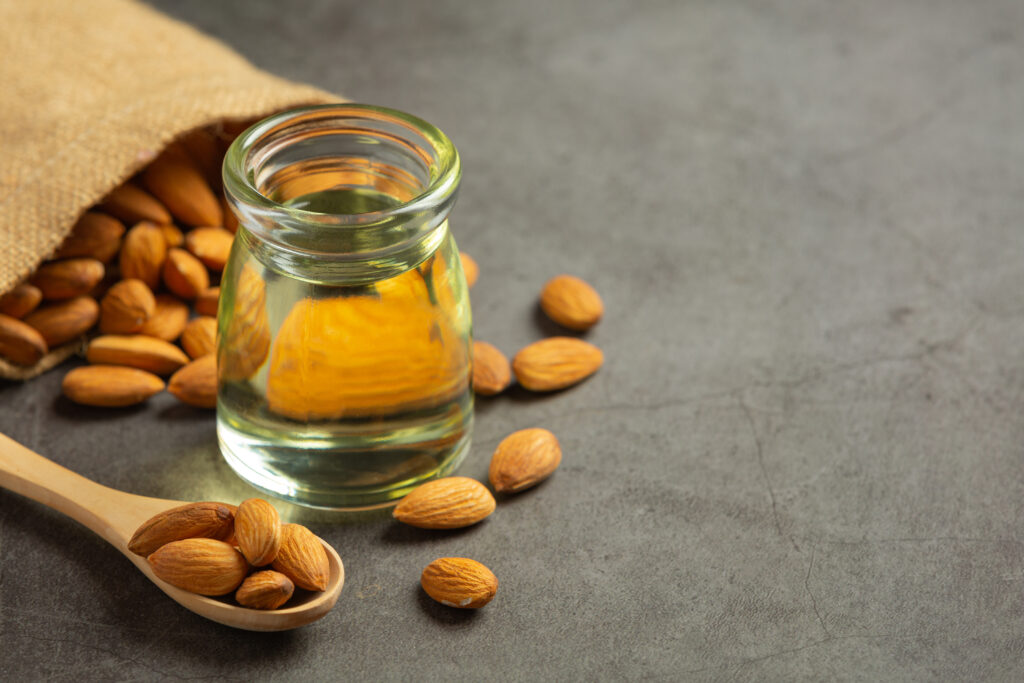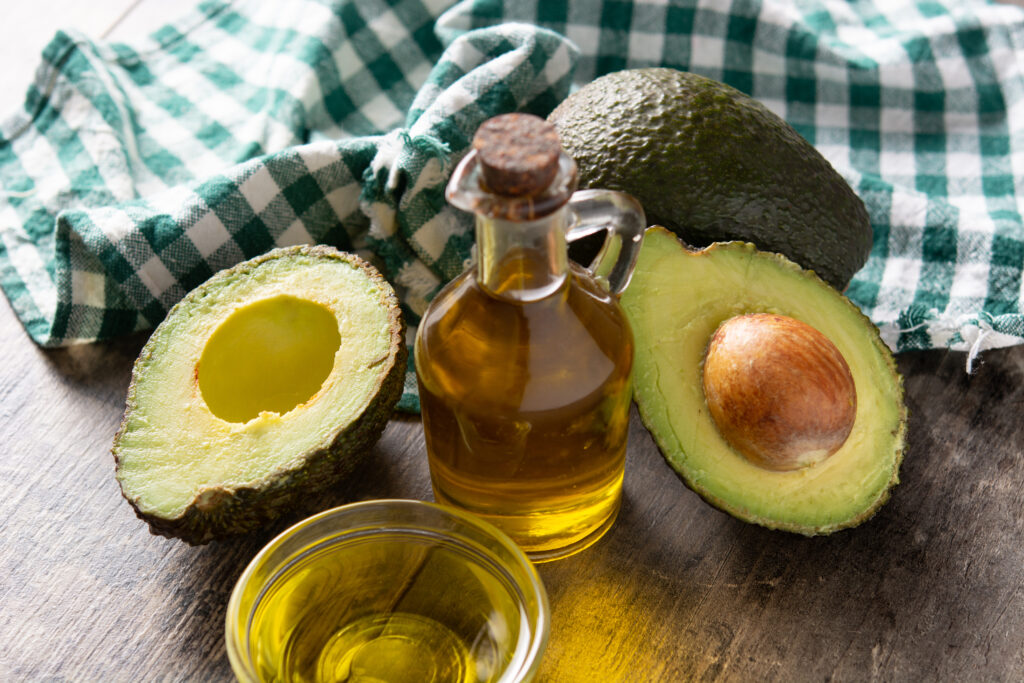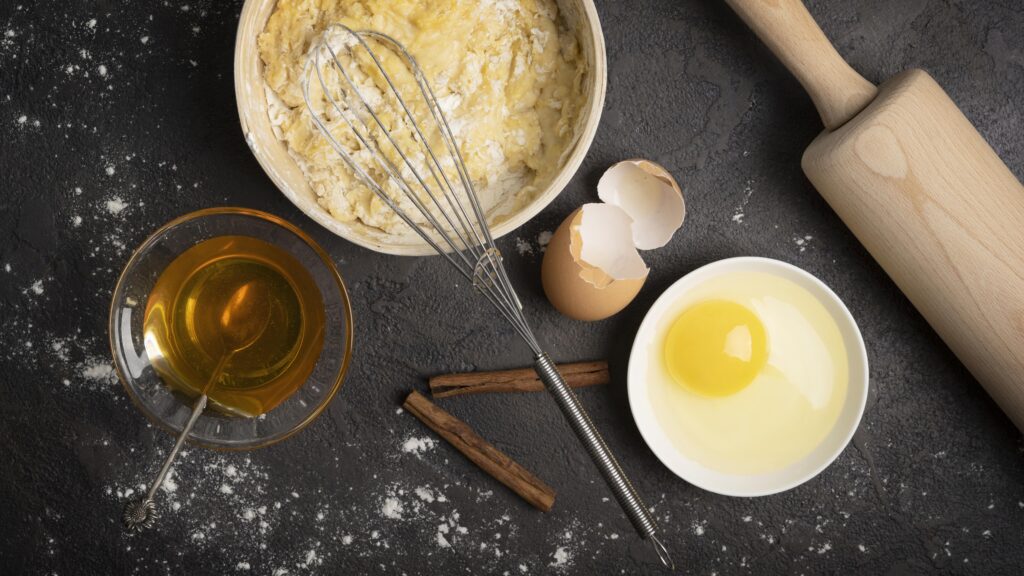Seed oils are versatile, natural substances that have found their way into various aspects of our lives, from culinary delights to skincare regimens. These oils are extracted from the seeds of plants, and their properties make them a staple in many households.(Medicinal Plant)

Types of Seed Oils
A. Vegetable Seed Oils
Vegetable seed oils include oils derived from the seeds of vegetables like soybeans, corn, and canola. They are commonly used for cooking and are known for their neutral flavor and high smoke points.
B. Nut Seed Oils
Nut seed oils, such as almond and walnut oil, are derived from the seeds of various nuts. They are prized for their unique flavour and are often used to enhance the taste of dishes, particularly in gourmet cooking.

C. Fruit Seed Oils
Fruit seed oils, like avocado and grape seed oil, come from the seeds of fruits. They are known for their mild flavour and are often used in salad dressings and skincare products.

The Nutritional Benefits of Seed Oils
A. Rich Source of Essential Fatty Acids
Seed oils are a rich source of essential fatty acids, including omega-3 and omega-6 fatty acids, which are crucial for overall health. These oils can help maintain healthy skin, support brain function, and reduce the risk of heart disease.(Potato Plant Flower)
B. Vitamins and Minerals
Many seed oils contain essential vitamins and minerals, such as vitamin E, vitamin K, and zinc. These nutrients are essential for maintaining good health and well-being.
C. Antioxidant Properties
Seed oils often have antioxidant properties that can help protect the body from oxidative stress and free radicals. This can contribute to a lower risk of chronic diseases.
Culinary Uses of Seed Oils
A. Cooking

Seed oils are widely used for cooking purposes. Their high smoke points make them ideal for frying and sautéing. Vegetable seed oils like canola and sunflower oil are popular choices in the kitchen.
B. Salad Dressings

The mild, pleasant flavour of fruit seed oils make them a great choice for salad dressings. Oils like olive and grape seed add a unique taste to your greens.
C. Baking
Nut seed oils like almond and hazelnut are often used in baking, adding a nutty and aromatic flavour to baked goods.
Seed Oils in Beauty and Skincare
Seed oils have also made their mark in the beauty and skincare industry. These oils are prized for their moisturizing and nourishing properties, making them a common ingredient in cosmetics and skincare products.
Health Considerations and Seed Oils
A. Omega-3 vs. Omega-6 Balance
Balancing the intake of omega-3 and omega-6 fatty acids is important for health. Some seed oils have an imbalanced ratio, so it’s crucial to be mindful of your dietary choices.
B. Allergies and Sensitivities
Individuals with nut allergies should exercise caution when using nut seed oils in cooking or skincare. Always read labels carefully.
C. Storage and Shelf Life
Proper storage is essential to maintain the freshness and shelf life of seed oils. Store them in a cool, dark place to prevent oxidation.
Popular Seed Oils
A. Olive Oil

Olive oil is a star among seed oils, known for its heart-healthy benefits and use in Mediterranean cuisine.
B. Flaxseed Oil
Flaxseed oil is rich in omega-3 fatty acids and is often used as a dietary supplement.
C. Sunflower Oil

Sunflower oil is a versatile cooking oil with a mild flavor that’s great for a variety of dishes.
Seed Oils in Historical Context
Seed oils have been used for centuries in various cultures for both culinary and medicinal purposes. Their historical significance reflects their importance in human society.
The Environmental Impact
The production and consumption of seed oils have environmental consequences. Sustainable practices and responsible sourcing are essential to mitigate these effects.
Seed Oil Production
The process of extracting oil from seeds varies depending on the type of seed. This section will explore the methods used in seed oil production.
Seed Oils in the Modern World
Today, seed oils are readily available and have a multitude of uses. They’ve become a significant part of our daily lives.
Cooking Tips and Recommendations
Learn how to make the most of seed oils in your cooking and baking endeavours with some valuable tips and recommendations.
Conclusion
In conclusion, seed oils are a valuable addition to our lives, offering a range of benefits, from culinary delights to skincare enhancements. Their rich nutritional profile and diverse applications make them an essential part of a healthy lifestyle. (websoftempire)
1: What are the most common types of seed oils?
The most common types of seed oils include sunflower oil, flaxseed oil, sesame oil, olive oil, pumpkin seed oil, and chia seed oil.
2: How can seed oils benefit my skin?
Seed oils can benefit your skin by providing deep hydration, reducing wrinkles, and helping combat acne. They are a natural remedy for healthy and radiant skin.
3: Can seed oils be used for hair care?
Absolutely! Some seed oils, like flaxseed and castor oil, can be used for hair care to promote growth and strengthen your locks.
4: Are there any precautions for using seed oils?
Yes, it’s essential to use seed oils in moderation, as excessive consumption can lead to weight gain. If you have any underlying health conditions, consult with a healthcare professional before incorporating them into your diet.
5: What are the best seed oils for culinary purposes?
The best seed oils for culinary purposes depend on your specific dish. For sautéing, sunflower and olive oil work well. Flaxseed and sesame oil are excellent choices for salad dressings, while pumpkin seed oil adds a unique flavor to dishes. Experiment and find your favorites!
Amazing! Its truly awesome post, I have got much clear idea regarding from this piece of writing.